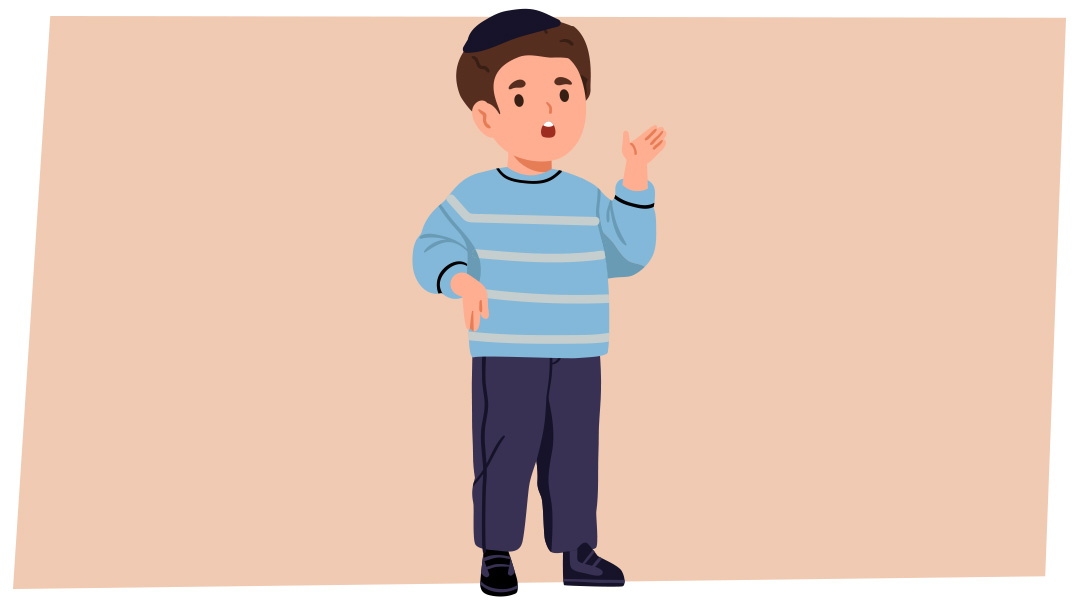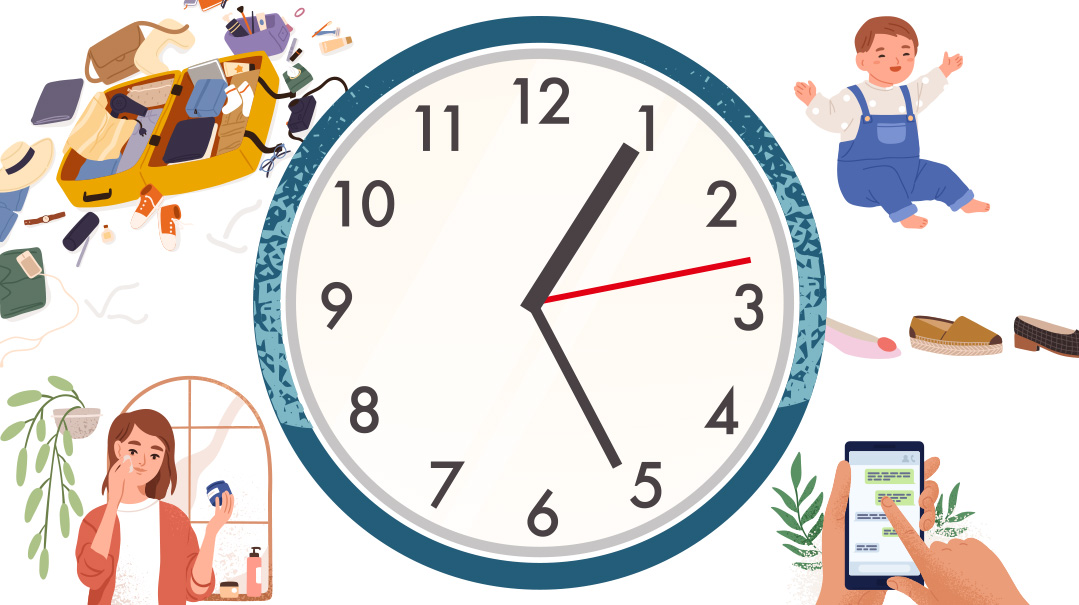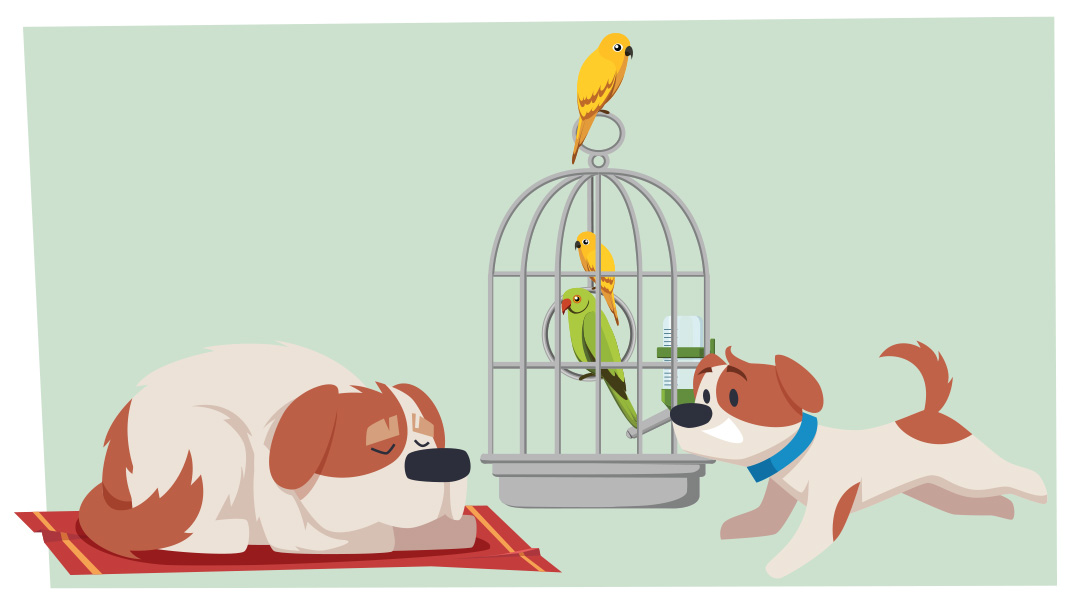The Way We Communicate

Between the ages of 2 and 20 the only words you will hear out of their collective mouths are the emphatic, “No!” and “I want!”

Our ability to communicate with each of the different generations in our lives is something we learn almost instinctively. With each passing stage, we adjust, gracefully weaving between the languages of love, which include words, actions, and emojis.
From the first moment we hold our newborns, we peer into their faces, patiently cooing, purring, and smiling, as we hold our breath waiting for them to react. As soon as we detect just the slightest glimmer of recognition, our hearts begin to sing.
We tell them how cute they are, how smart they are, how adorable and intelligent they are — hoping to build their self-confidence as well as infuse them with our love, certain they’ll return that adoration in a meaningful manner.
And then those adorable little lovelies grow up.
Between the ages of 2 and 20 the only words you will hear out of their collective mouths are the emphatic, “No!” and “I want!” though not necessarily in that order. For all your anticipation for their first words, these are the only ones they will emit for the next two decades.
Teenage love language? Silence — both ours and theirs. That and biting your tongue. Always carry around a tissue so the blood doesn’t drip past the chin. Dab gently.
And make no mistake: Sitting through a four-hour school production and waving animatedly at the fourth tree in the back on the right — only to discover at the end of the evening that she was the third tree in the back on the left — is pure devotion.
We silently watch them make their own mistakes, we carpool to places we question, we cook the food they and no one else will eat, we cater to whims and whimsies, we wash the clothing we didn’t want them to buy, and we dry and hang it all up in the overstuffed closet that we beg them to clean. They, in turn, ignore us. They articulate in attitude, crocodile tears, and eye rolling.
Still, there is hope. One fine day out of the blue, they will race through the house, throw their arms around you, and mumble, “Thanks.” Amnesia suddenly sets in and all becomes right with the world.
You just have to live that long.
As young couples, our language of love tends to the mushy — cute cards, flowers, stuffed animals, text messages with hearts and giggles. You make what you think is his favorite supper and his love language is eating it, even if it’s inedible, because he knows how hard you worked and that you have no idea he never eats peas.
Then couples mature, and that first decade or two feature financial commitments stretched farther than the macaroni-and-cheese suppers (again). Now the meaningful, pricier, and more practical gifts appear. Think vacuum cleaners, refrigerators, and washing machines. If it’s a special birthday or anniversary that might include the dryer.
Sometimes he really does want to buy you something — he just doesn’t know it yet, even after you’ve dropped more hints than matzah crumbs at the Seder. That’s when you need to take things into your own hands.
And yet, finding a hot supper on the table and the kids bathed and in bed when you finally get home from a late, stress-filled day at work, is a language all its own. And if he took out the garbage without being asked? That’s when you know his mother raised him right.
Dealing with aging parents — yours and most importantly his — offers a special brand of challenging love. It means listening to stories again (and again) and nodding in agreement, even when you don’t. Assuming a caregiving role and including them in your lives — especially as it becomes more difficult, your time is not your own, and they don’t quite understand it? That’s a special hug.
A good friend knows the language of a broken heart. She’s the one who shows up on your doorstep with ice cream and your favorite muffins (a baker’s dozen) when your daughter’s I-think-he’s-the-one-and-he-wasn’t just fizzled out, and you called in sick to work because you just couldn’t.
You need some downtime to vent — and she knows it. She lends an ear, holds her tongue, and brings the tissues. She doesn’t call to ask if you’re okay. She just brings more muffins and texts you from time to time with an emoji. No judgment.
And if the special mister-you-know-who in your life doesn’t leave the house in the morning without bringing you a steaming cup of coffee, and leaves it on your nightstand even if you’re asleep — and he’s only done it for three or four decades? That’s a symphony of legend.
Even if he doesn’t like peas.
(Originally featured in Family First, Issue 842)
Oops! We could not locate your form.







